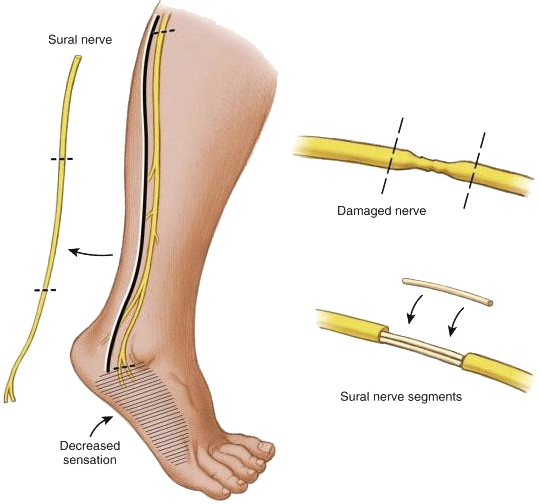 What is peripheral neuropathy?
What is peripheral neuropathy?
Peripheral neuropathy is a nerve disorder that can impair muscular movement and cause unusual sensations and pain in the extremities, often in the hands and feet. Other parts of the body can also be affected. We all have sensory nerves that inform us of such things as temperature, vibration, pain, and touch via the skin. Our motor nerves control muscle movement, and autonomic nerves take charge of regulating blood pressure, heart rate, bladder function, and digestion. Your central nervous system (brain and spinal cord) sends signals to other parts of your body to transmit certain messages, such as letting us know when our feet are feeling too cold. Those same signals tell us when to move a muscle. When this peripheral nervous system sustains injury or stress, those important connections get interrupted, causing symptoms of nerve damage.
As the nerve damage occurs, the protective sensations are affected. These include a persons ability to determine the difference between sharp and dull, hot and cold, pressure differences, and vibration. These senses become dulled and/or altered. The process begins as a burning sensation in the toes and progresses up the foot in a “stocking distribution”. As the condition progresses, the feet become more and more numb. Diabetic peripheral neuropathy is not reversible. The progression of the condition can be slowed or halted by maintaining normal blood glucose levels.
Peripheral neuropathy can be caused by a sudden injury or repetitive stress. Sports injuries, surgery, and accidents can cause damage to nerves. Repetitious movements can constrict nerve pathways when ligaments and muscles become inflamed. An example of this is carpal tunnel syndrome.
The symptoms of peripheral neuropathy, however, can also have an underlying cause such as a disease or disorder. Certain medications can also be the culprit.
Symptoms of peripheral neuropathy:
 Sharp, burning, freezing, or knifelike pain
Sharp, burning, freezing, or knifelike pain- Intense sensitivity to touch
- Loss of balance, even tripping or falling
- Muscle weakness (if motor nerves are damaged)
If the distress is coming from autonomic nerve damage, you may experience sweating and an intolerance for heat, digestive issues, dizziness or unsteadiness.
Sometimes only one nerve is affected, which is called mononeuropathy. If two or more nerves are involved, multiple mononeuropathy or polyneuropathy is diagnosed.
